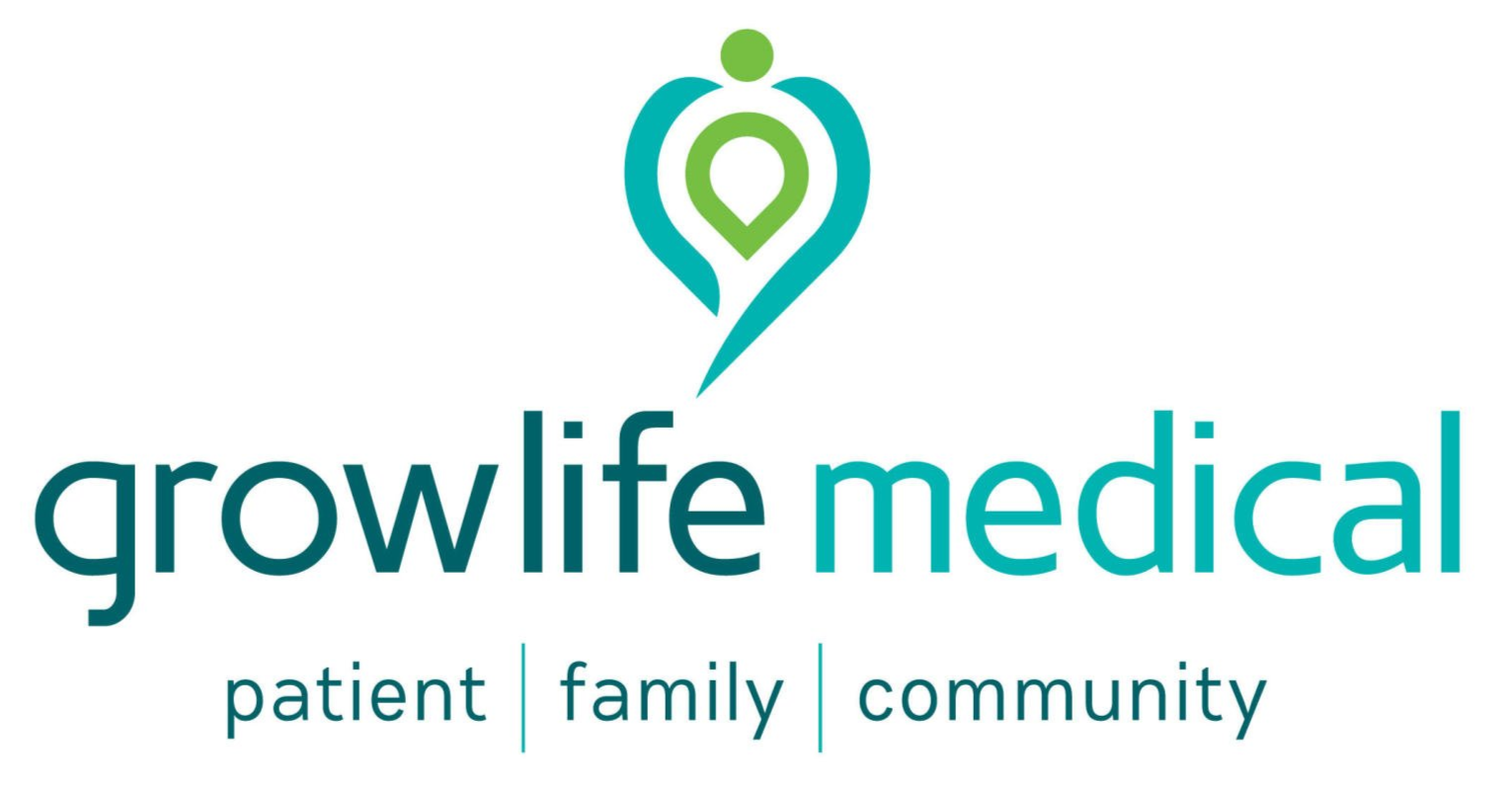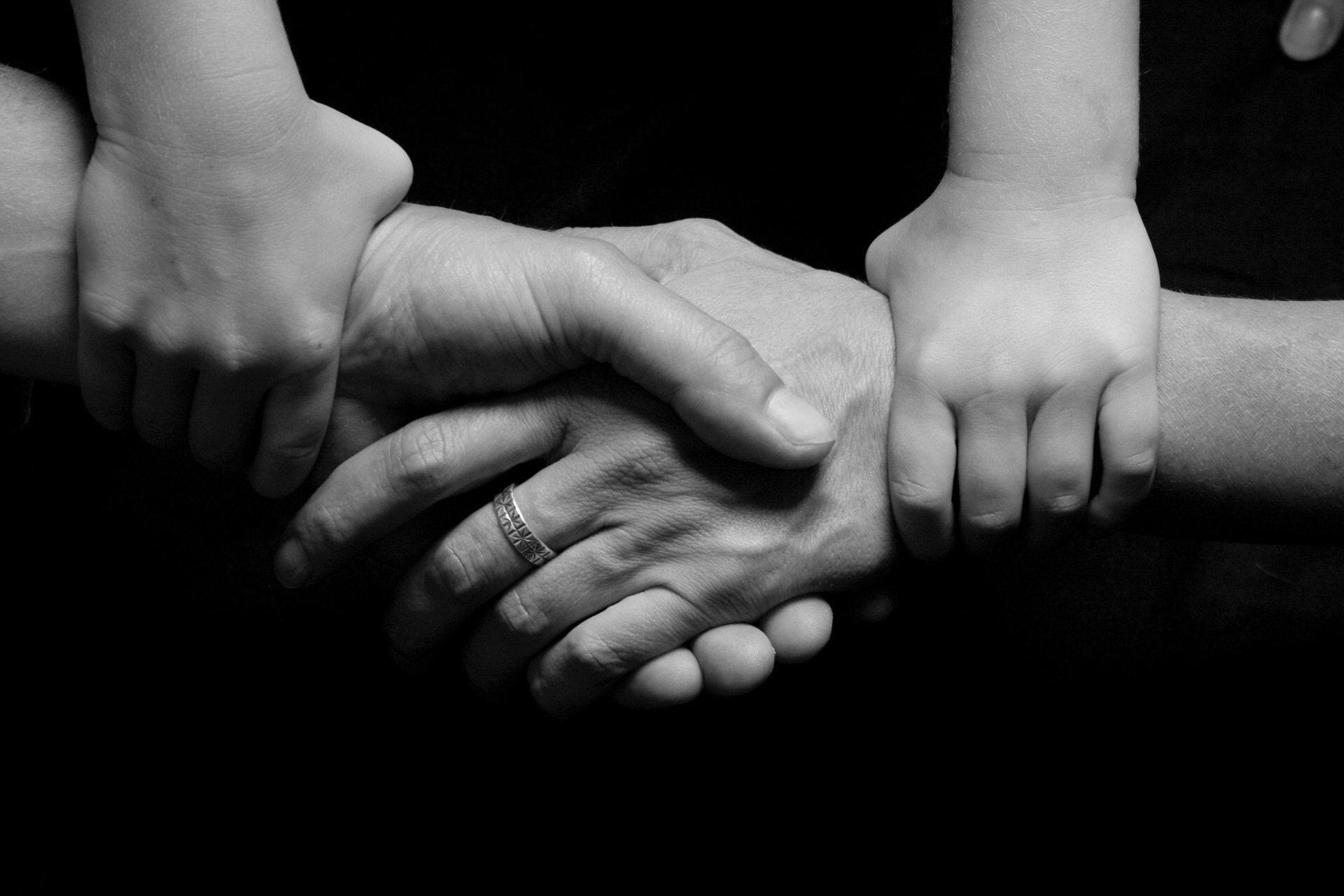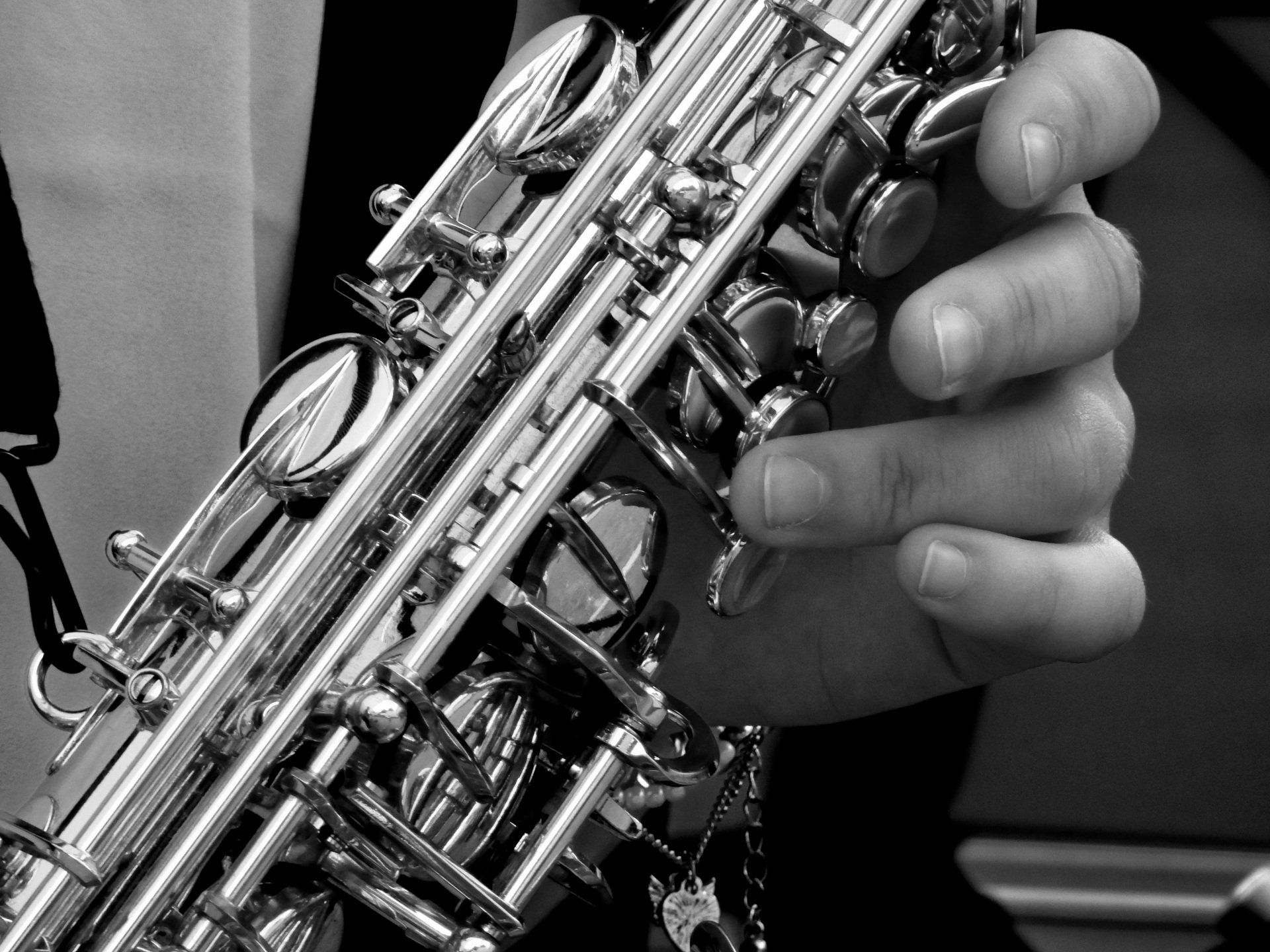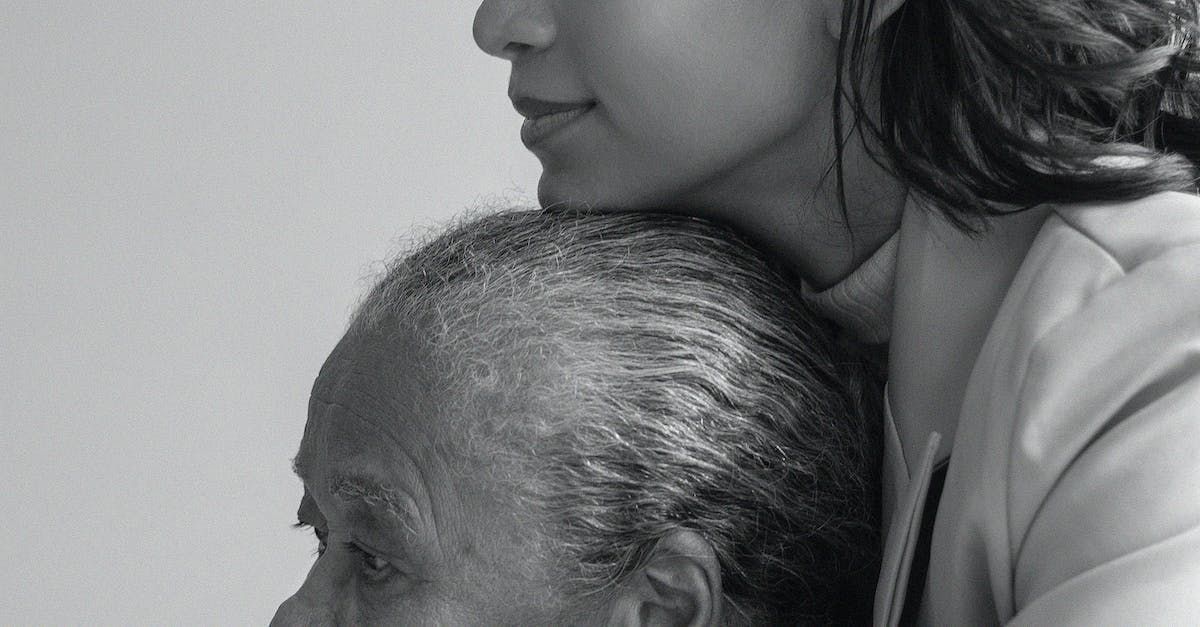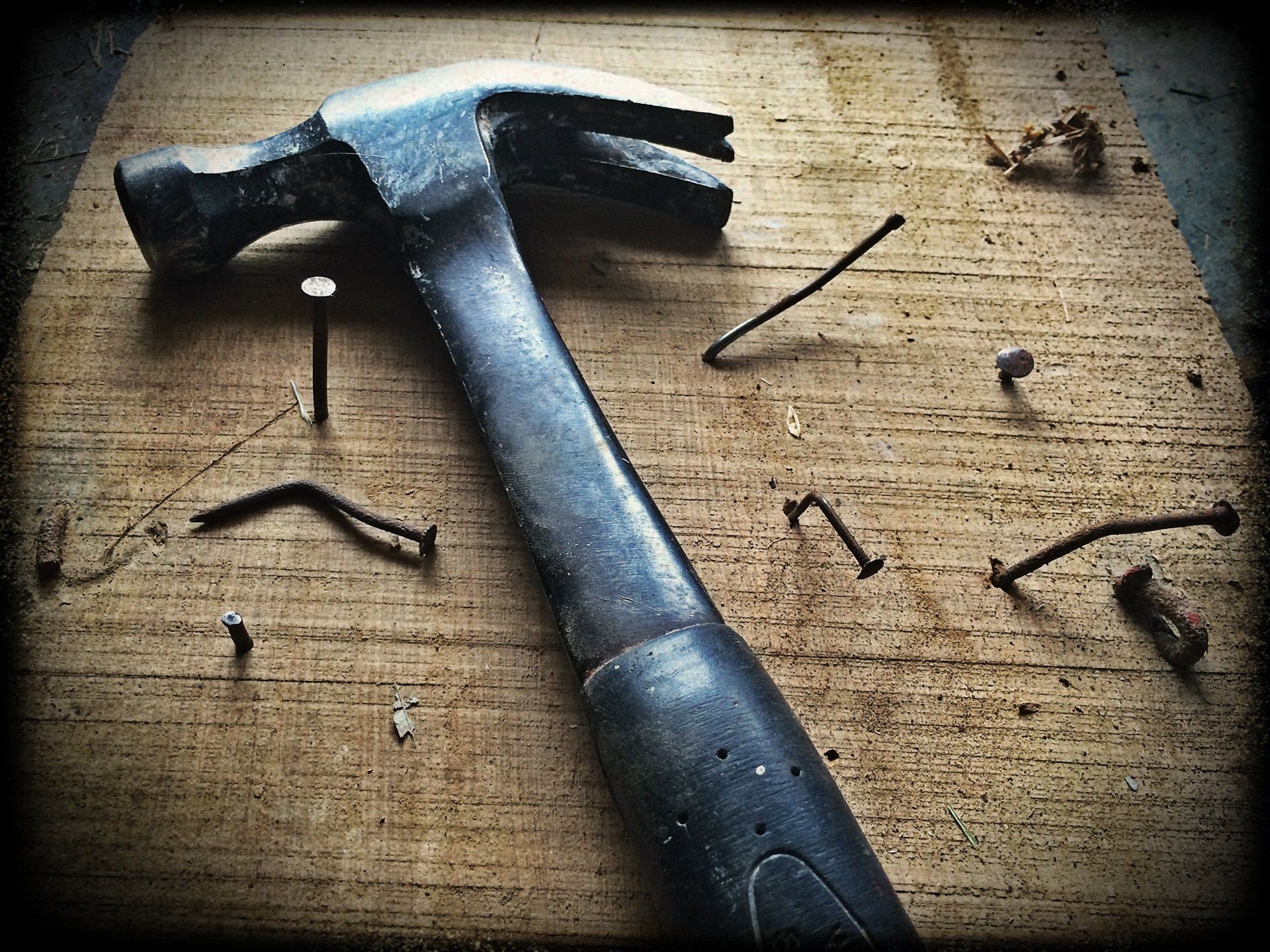Celebrating Strong Family Bonds
This essay has reached the finals of
Growlife Medical's 2023 Annual Essay Competition, with this year's theme being "Strong Family Bonds.
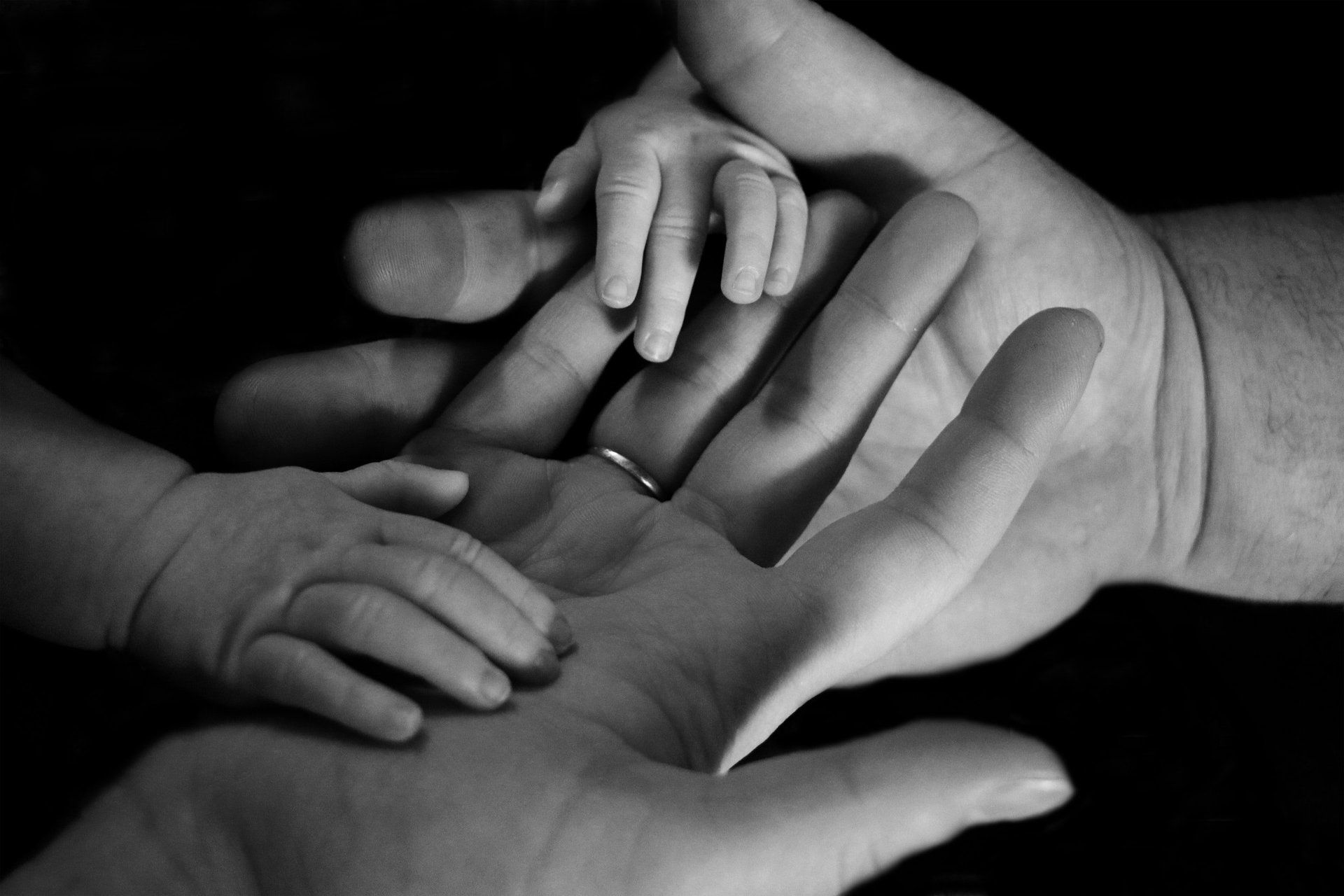
Introduction
What are family bonds? And how do we measure the strength of them? This essay will outline what family means to me, and explore the depths of my experiences with strong family bonds.
Family are those, selected and inherited, that we choose to spend our life with. Those with whom we share our most intimate moments and feelings. People we trust and rely on. In a chaotic world, your family are the anchor that grounds you, and makes you feel safe. Your family are brought together by your shared values, experiences and identity. These are your family bonds.
When we succeed, they are the foundation that we thank for that success. When we fail, they are the crutch that we lean on. In good times, we share wealth and happiness with our family, and in hardships, the resolve of our family bonds are tested, and ultimately strengthened.
These bonds are forged at an early age, too early for most of us to remember. As a child, they are the tool by which we learn and grow. Your moral compass is guided by those closest to you, your attitudes and prejudices are learned from your family. Motivations and desires which will shape the rest of your life are moulded by those who help to nurture us. In other words, our family bonds make us who we are.
Looking back on your formative years, you may see these connections as being one directional, taking a lot more than you gave. You are born with a delusionary perspective that your parents know everything. As you grow up this fades, and you start to see your family for what they are; human. Your family bonds take on a new shape at this point, becoming more give-and-take. Awareness blossoms and you begin to understand when you need to provide support, and when you need to ask for it.
But it isn’t until you become a parent that you realise the folly of this view. When my partner and I were blessed with the arrival of a beautiful daughter on the 8th May 2023, our world was changed forever. Holding her tightly against my chest, feeling the rise-and-fall of her breathing, I finally understood the adage – I would do anything for this child.
Our interpretation of family bonds was shattered, and in truth, is being rebuilt every day. The reality is that our children show us as much as we show them. They drastically and continuously challenge and realign our values, beliefs and motivations.
In the short months since our daughter was born, I have come to realise how these family bonds are constructed and developed. For me, there are two critical components that drive the strength of the family bonds you work so hard to construct: mutual learning, and conscious nurturing.
Mutual learning
Becoming a parent opens us to a new perspective. We begin to think not just for ourselves, but for our family unit. Typically this leads to us becoming more risk averse, more carefully considering the wider consequences of our actions. A night of heavy drinking no longer just means a hangover. Now, it may mean that you cannot drive you child to their swimming lesson the next morning, and you may be too unwell to take them to their friend’s birthday party.
And as everyone tells a first-time parent, there is no set manual for parenting. Everyone has their own views, and many of them are unafraid to tell you what mistakes you are making. We are all learning on our feet as we dive into a new world of responsibility, one of the things that makes it so exciting and terrifying at the same time.
But we are learning in step with our children. When our baby learns to crawl, it is an unbelievable achievement. The way your child’s face lights up when they see that they have managed to propel themselves towards the book you were teasing them with fills you with a warmth and pride so wholesome that your heart starts to ache. It is a moment which is rightly lauded. But people rarely talk about the achievements of the parents to help them get there. They provide the encouragement, space, and physical support for their child to practice crawling. Not to mention safety proofing the home to protect them from the previously unforeseen dangers of mobility.
And this is the cornerstone of mutual learning. It is often a reactive process for parents, constantly trying to understand the next steps for their child and how they prepare and support them for that next step. Countless hours spent on Google, constant consultation with friends and family, and reading every article or book you think may be helpful. And the only consistency is inconsistency: everything you read and hear provides contradictory evidence or advocates different approaches.
It is then down to you to make your own distinction, weed out the version of the truth that best suits you and your children. You will find yourself ignoring many views, and sometimes taking your own route entirely. But every time you successfully accomplish or fail spectacularly together, you learn something. You learn with your child. Beyond the evolutionary emotional attachment that you have for your offspring, this is the real foundation of your own family bonds.
Every time you are present as your child learns something new, it strengthens those bonds. You feel closer to your child. First steps, first words, and first day at school. All momentous occasions that bring you together. Shared achievements that bring you closer. Their personality begins to develop, and you see flickers of your own personality in them. But you also see something else: their unique views. It is this that makes them special.
As they learn life’s lessons, they do so under slightly different circumstances than you did. They have different friends and a different environment. And when they tell you how they feel about something, it changes you as well. You become someone different. Although you may never point to those moments, or even notice the minute changes, you become someone different. Someone new, someone you hope your child can be proud of.
But the cornerstone of your newfound person, are the experiences and interests you share with your child. Perhaps you were never moved by music but the moment you see your child’s face light up when they hear a drab Ed Sheeran song changes you. The song plays in your head on repeat, and it develops meaning. You begin not only to play the song for them but listen to it in your headphones as you go through your daily life, smiling at the memory that it brings. It becomes an unexpected treasure.
With your child, you learn and adapt. That mutual learning becomes part of you, and it deepens the family bonds that you share.
Conscious nurturing
Newton’s third law states that every action has an equal and opposite reaction. Although this is a concept often taken for granted, we are exposed to a whole new meaning as we enter parenthood. We may have the best intentions for our children, but our preconceptions and bias will impact what they learn, albeit subconsciously. There is an acknowledgment that our formative years shape us as people, a view supported by many psychologists (John Bowlby, Lev Vygotsky, etc.), and so we must learn to be deliberate in the ways in which we support our children at a young age. The awareness you harness as you support your child, is what I would call conscious nurturing.
We are tasked with becoming conscious of our ways, challenging the way we have previously thought in order to give our children the best possible chance at forming their views independently. Again, this changes us.
I have a love for mathematics, one which was nurtured at an early age. I have intelligent parents, but neither of them particularly interested by that subject. However, I am blessed with a core memory of a time that my dad helped me to uncover that passion.
When I was around 10 years old, in my latter years of primary school, I was fairly advanced in my learning of that subject. Nothing notable, but enough so that I found myself thriving and constantly studying at a higher level. One day, when taking my dog for his daily walk on the beach with my dad, I was excitedly divulging a new topic that we were discovering: algebra.
It was not my parents’ strong suit, but my dad took it all in, listening intently. The next day when we took the dog a walk, he picked up a stick and told me that we were going to do some homework. I can’t say that word elicited much excitement in me at the time, but what came next was magical. We cracked the basics of algebra in the following hour, jotting out equations in the sand and solving them together.
I don’t remember whether I received accolade for this at school, or how much the lesson stuck. But I remember the sheer joy of puzzling out this mysterious new concept with my dad. I feel for the poor dog who didn’t get much of a walk that day, but I still revel in the smiles we shared, and the pride I felt radiating from my dad as we grasped it together.
It only occurred to me years later that my dad had clearly taken the time the previous night to re-study algebra at a basic level so that he could help me with it. It is something so small, but it meant the world to me. And it is a lesson that I remember to this day. Although it is not the kind of thing we regularly discuss, I suspect he remembers it as vividly as I do. I do know that I kept him on his toes as I continued to pursue my interest in maths, and I know that he continued to keep up. This was something that began to mean something to him, only because it meant something to me.
I am lucky enough to have a number of memories like this. For instance, my mum guided me to a newfound obsession with reading in my early twenties, drowning me in books of different genres in an effort to spark inspiration. This is proof that the journey of conscious nurturing never ends with your children.
And I cannot wait to find out what new passions I will have to nurture in order to support my child, to help her find her own passions. With my experiences, I know the importance of this, and I will commit to anything my little girl decides to pick up and make her own.
Conclusion
Family bonds are a complex and personal thing. For me, the two big driving forces that build and enhance these are through mutual learning and conscious nurturing. Having a child leads you to reflect on the principles you have that underpin your approach to parenting. I have become more aware of my impact on family members since having a child, and I think the most critical responsibility we have as parents is to leverage this awareness to support our family’s development in the most positive and responsible way we can.
More Stories from 2023 Essay Competition
Connect
Clinicians: please forward clinical correspondence via Medical Objects Secure Messaging. Fax no longer accepted.
